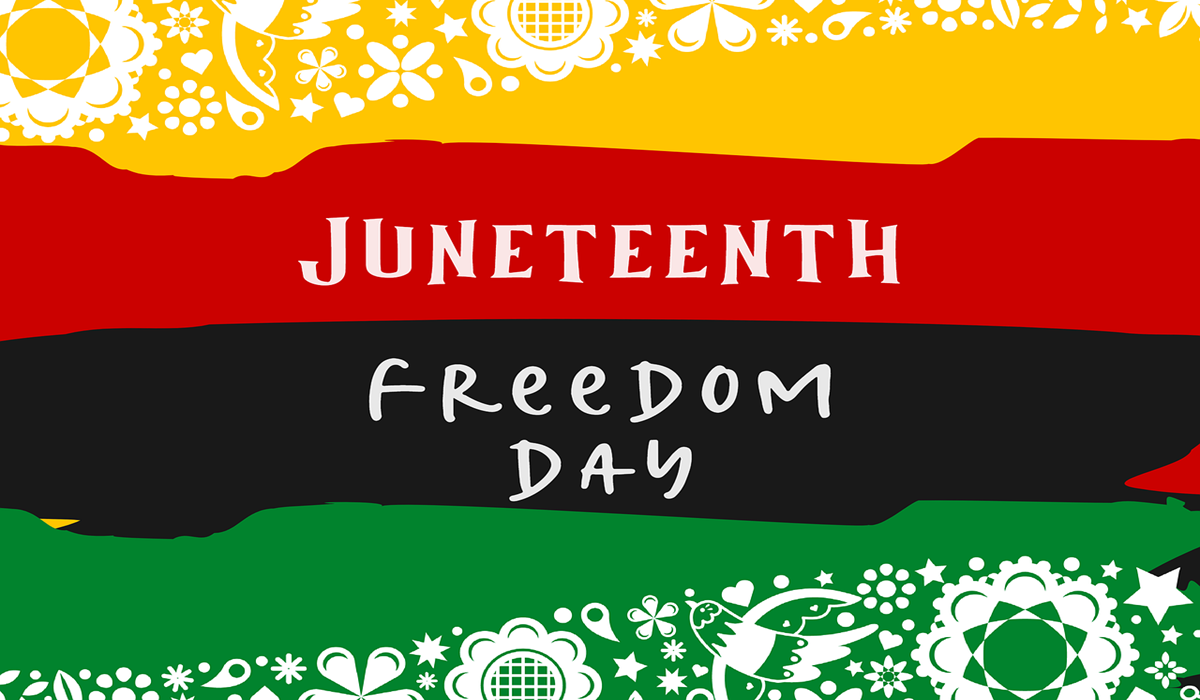Image Credit, Khema Sok
Today marks Juneteenth, a celebration of freedom that originated from a pivotal moment in American history. As the nation pauses to reflect, it is essential to understand the origins of this day, its modern significance, and the promises that remain unmet.
Juneteenth, also known as Freedom Day or Emancipation Day, traces back to June 19, 1865. On this day, Union General Gordon Granger arrived in Galveston, Texas, with General Order No. 3, announcing that the Civil War had ended and that all enslaved people were now free. This proclamation came two and a half years after President Abraham Lincoln’s Emancipation Proclamation, which had declared freedom for enslaved people in Confederate states effective January 1, 1863.
The delay was due to the minimal Union presence in Texas, making enforcement of the Emancipation Proclamation challenging. When freedom finally reached the last of the enslaved, it was a momentous occasion, leading to the spontaneous celebrations that would evolve into the Juneteenth tradition.
Today, Juneteenth stands as a symbol of African American freedom and resilience. It is a day for celebrating African American culture, achievements, and contributions to society. The festivities include parades, music, dancing, food, and educational events that honor the history and heritage of African Americans.
In recent years, Juneteenth has gained greater recognition. In 2021, it was declared a federal holiday in the United States, a significant step towards acknowledging the long struggle for racial justice. This recognition has sparked broader conversations about systemic racism, inequality, and the ongoing fight for civil rights.
While Juneteenth celebrates a pivotal victory, it also highlights the unfulfilled promises of true equality and justice for African Americans. The end of slavery was supposed to herald a new era of freedom and opportunity, but the reality has been marred by systemic racism and discrimination.
The Reconstruction era, which followed the Civil War, promised to integrate formerly enslaved people into American society with full rights. However, the period was cut short, and the rise of Jim Crow laws enforced racial segregation and disenfranchisement, undermining these promises.
Despite the progress made during the Civil Rights Movement of the 1960s, African Americans still face disparities in wealth, education, healthcare, and criminal justice. The Black Lives Matter movement, which gained prominence in the past decade, underscores the ongoing struggle against police brutality and systemic injustice.
As Juneteenth becomes more widely celebrated, it serves as both a reminder of the progress made and the work still to be done. It is a call to action to address the deep-rooted inequities that persist in American society. The day is not just about commemorating the past but also about forging a future where the promises of freedom and equality are fully realized.
Communities across the nation are using Juneteenth as a platform to advocate for policy changes, economic empowerment, and social justice. From educational initiatives to voter registration drives, the goal is to ensure that the legacy of Juneteenth is one of continued progress and lasting impact.
As we celebrate Juneteenth this year, let us honor the resilience and contributions of African Americans, reflect on the unfulfilled promises, and commit to building a more equitable and just society for all.









